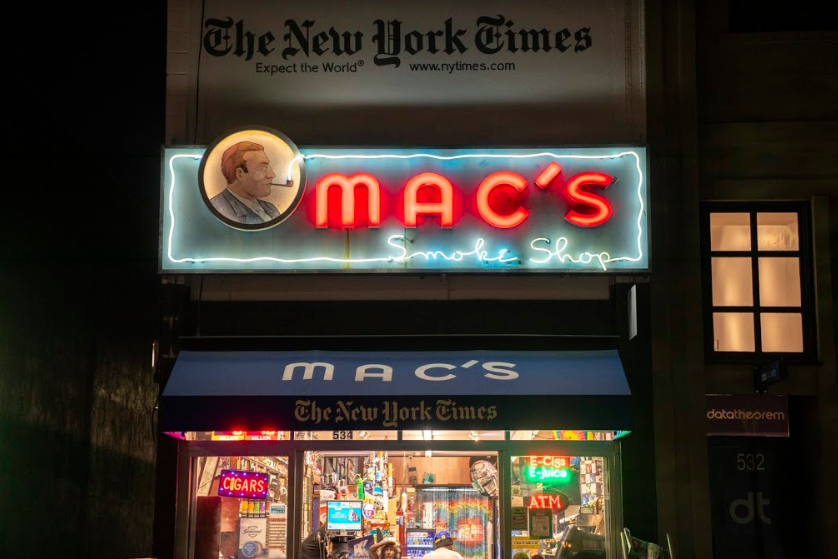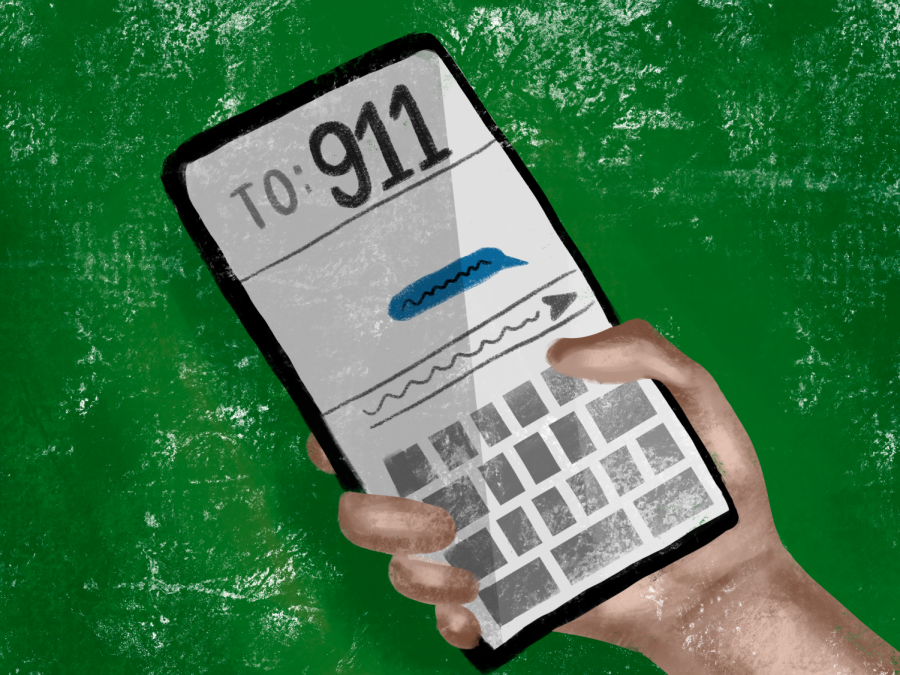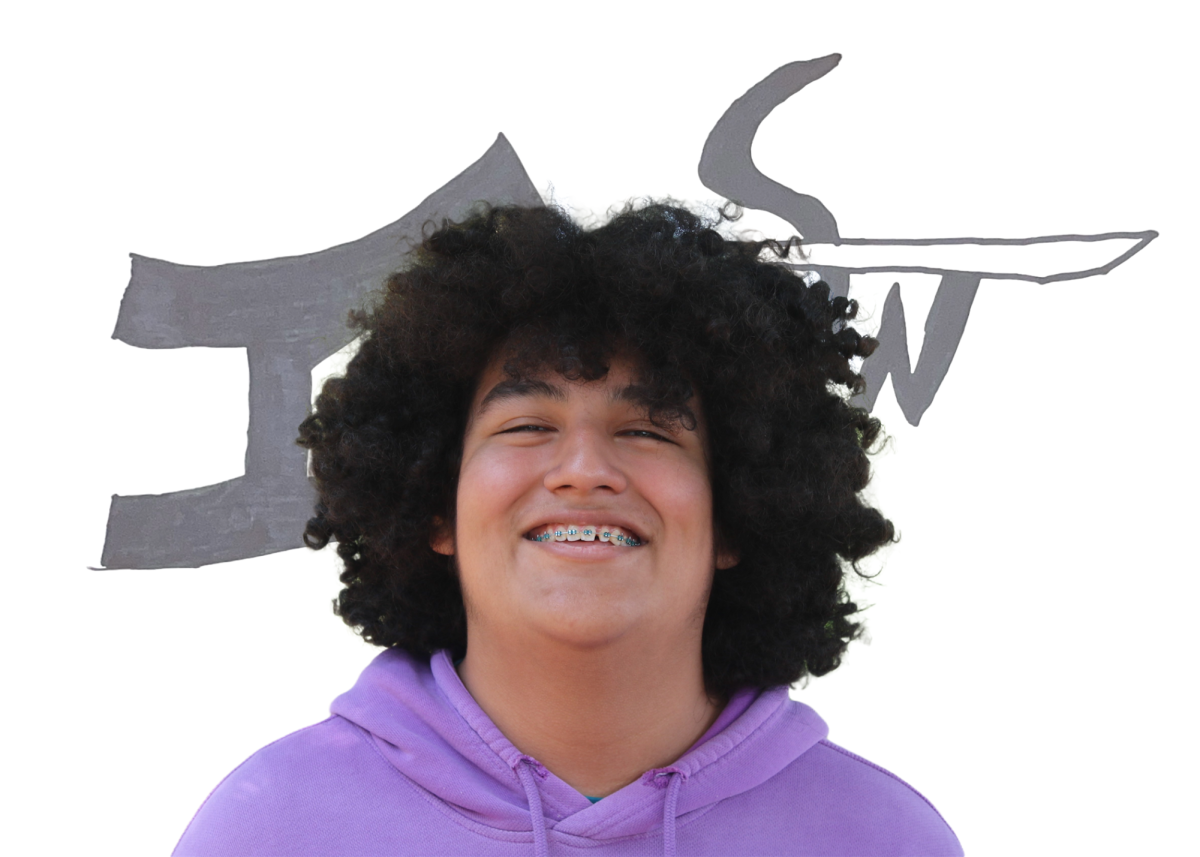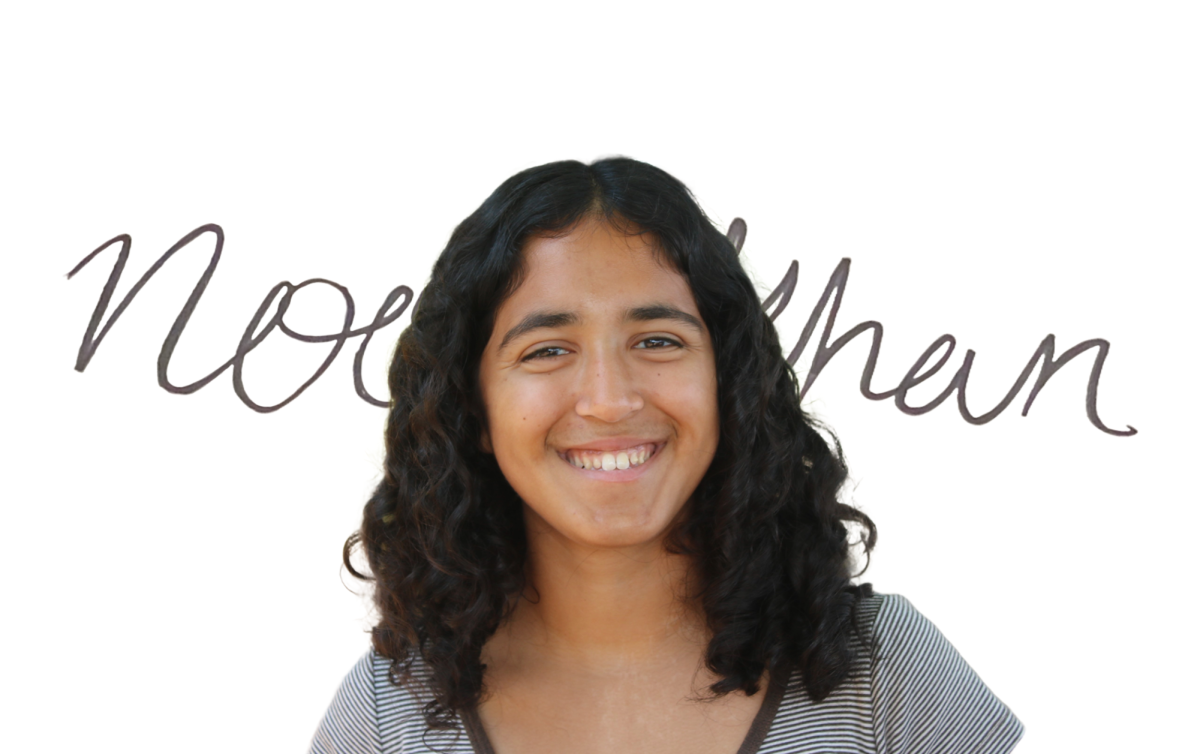As with most controversies, the international response to Ebola has been to raise more questions than intervening nations can answer—chiefly, how can it be stopped? According to the Center of Disease Control (CDC), there have been 9000 people reported to be stricken with Ebola with at least 4,500 dead. The United States is at the forefront of combatting Ebola, with most of its progress made in sending equipment to hard struck nations—Guinea, Liberia and Sierra Leone—in the form of medical kits and personnel. More importantly, the US is funding the development of experimental vaccines and drugs—many with few human trials—with the hope of protecting more people from dying. Though many may argue that these measures are disturbing, the United States must be allowed to continue administering Ebola treatments, even those that lack human testing. Furthermore, it is crucial that they be prioritized to health care workers for the stability of day-to-day Ebola responses.
One factor that the United States has been desperately trying to beat is time; the CDC estimates that by January 20, 2015, reported and unreported cases could reach 1.4 million in Liberia and Sierra Leone alone if no progress is made in stopping Ebola. Due to time constraints, the US has fast-tracked vaccine and drug development programs to the point of allowing these medicines with inadequate human clinical trials to be approved for human use. Unfortunately, this is a necessary action.
For now, a shortage of vaccines is hampering efforts to contain Ebola. Even though 10,000 doses of vaccine could be ready by November, the issue of safety and who should receive protection has not yet been resolved. As such, the World Health Organization (WHO) set up an expert panel in August to address the controversial nature of these issues.
In late July, when two Americans contracted Ebola in West Africa, they were injected with doses of the experimental drug, Zmapp, that was designed to combat Ebola. Shortly after, the media raised questions about whether it was ethical for hospitals to distribute these drugs knowing they have not yet undergone human trials. If patients are informed and willing to receive the drugs, then the answer is yes.
Although Zmapp’s effectiveness is unclear, Guinea, Liberia and Sierra Leone need Zmapp and other fast tracked treatments because they offer what conventional treatments don’t have: the potential to make a significant impact. At this point, even if treatments don’t work, researchers can learn and build off of their errors. Having trials on actual Ebola patients to either validate or invalidate a drug like Zmapp is at the minimum, speeding up the process of creating the right treatment. Either way, taking action is one step closer to eradicating Ebola in countries where their situation is dire.
“Ten percent of healthcare workers are dying,” University of Maryland, Baltimore professor Myron Levine said at an emergency WHO meeting in early September. “In these countries that have very broken health-care services, when you have doctors and nurses not coming to facilities that are underserved to begin with, it’s a disaster. It’s a public health crisis.”
Health care workers receive much more exposure to Ebola because of the close-proximity nature of their work. If these people are not immediately protected from Ebola, many of them will die and countless more will likely refuse to continue working. Because health care workers are the backbone of the current effort to stop Ebola, it is essential that they be vaccinated first.
With the largest Ebola outbreak in history on its hands, poor preparations and dwindling time, the United States and WHO are focusing on producing working vaccines and drugs all while balancing the delicate issue of how they should be distributed. The task ahead is enormous, but if patients are willing to volunteer for human trials, more treatments can be evaluated and hopefully approved. In the end, health care workers will be able to more prepared to deliver vaccines and drugs. There is massive potential here to stop any more damage from being done. Like any problem, the world can only start from the ground up.
Story continues below advertisement














